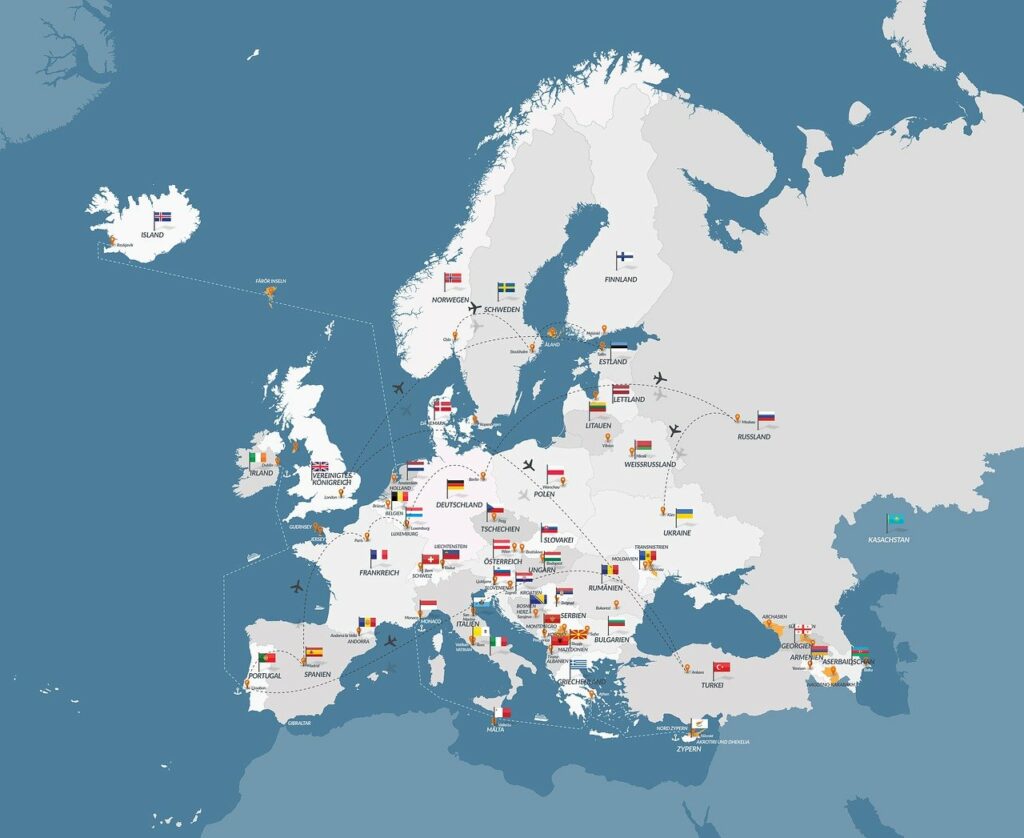Europe’s pursuit of hydrogen as a cornerstone for the future of sustainable energy faces significant hurdles, with a recent report revealing that the continent is unlikely to meet its 2030 hydrogen production targets.
This prediction comes from a thorough analysis of current production capabilities juxtaposed with the ambitious objectives set forth in the EU Green Deal. The report presents a critical view of the gap between policy aspirations and on-the-ground realities, emphasizing the need for accelerated innovation and investment.
At the heart of Europe’s hydrogen strategy is the intention to position itself as a global leader by establishing an integrated hydrogen economy. Projections in the European Hydrogen Strategy set the goal for production at around 10 million tonnes annually by 2030. However, present figures indicate that production facilities are struggling to keep pace. In 2022, the continent produced a meager 2.5 million tonnes, most of which is utilized for industrial processes rather than as a clean energy source. These statistics underscore the challenge of scaling production fourfold in just seven years.
Several factors impede progress toward reaching these targets. Chief among them is the sluggish pace of policy implementation, with bureaucratic bottlenecks stalling the development of crucial infrastructure projects. Additionally, the need for technological breakthroughs in electrolysis efficiency—a key component in hydrogen production—remains unmet. Reports suggest that current technology will require substantial innovation to lower production costs and enhance scalability effectively.
Moreover, the hydrogen ecosystem’s development is hindered by financial constraints. The current funding landscape falls short of equipping projects with the necessary capital to drive forward the aggressive targets. The European Union earmarked approximately €470 billion in investments for hydrogen by 2030, but there is skepticism about whether this amount adequately reflects the true scale of resources needed.
Furthermore, fostering international collaboration can offer a lifeline to overcome technical and financial hurdles. By forging strategic alliances with countries leading hydrogen advancement, such as Japan and Australia, Europe can gain access to pioneering technologies and investment opportunities.
Ultimately, while the goal of leading a global hydrogen revolution is ambitious, the current trajectory suggests that without substantial adjustments in strategies and policy execution, Europe may struggle to fulfill its role as a pioneer in this transformative energy domain.
Stay updated on the latest in energy! Follow us on LinkedIn, Facebook, and X for real-time news and insights. Don’t miss out on exclusive interviews and webinars—subscribe to our YouTube channel today! Join our community and be part of the conversation shaping the future of energy.





